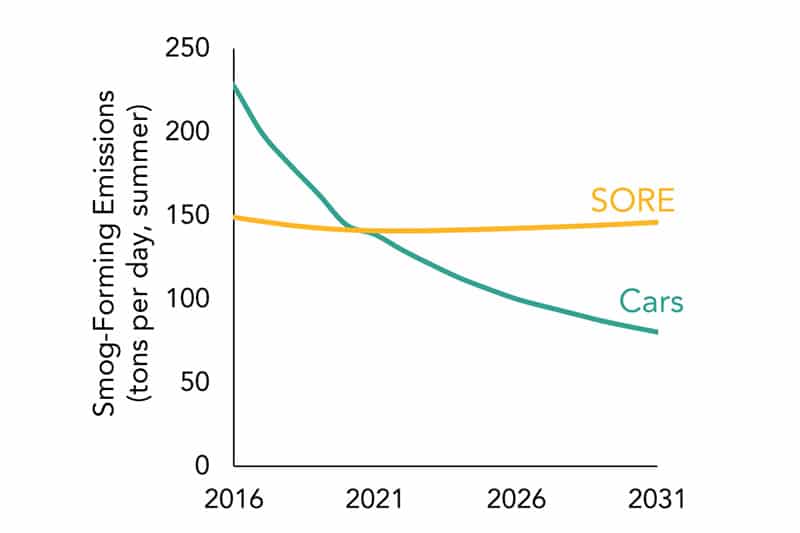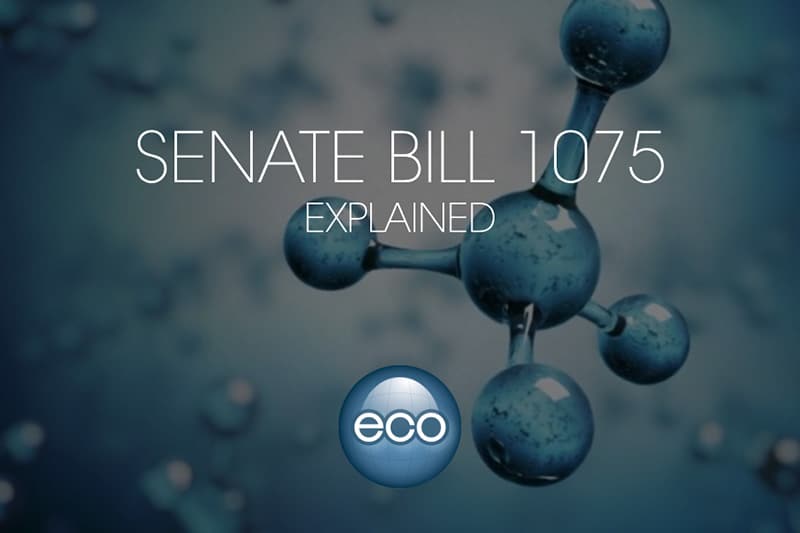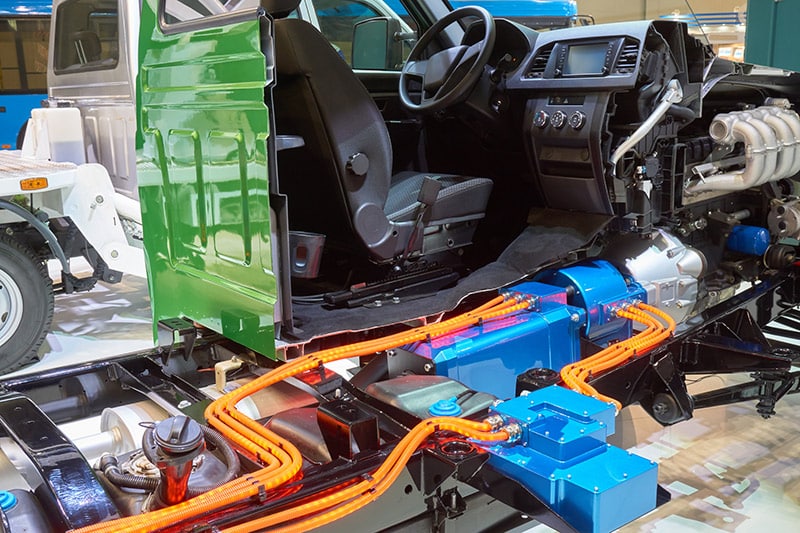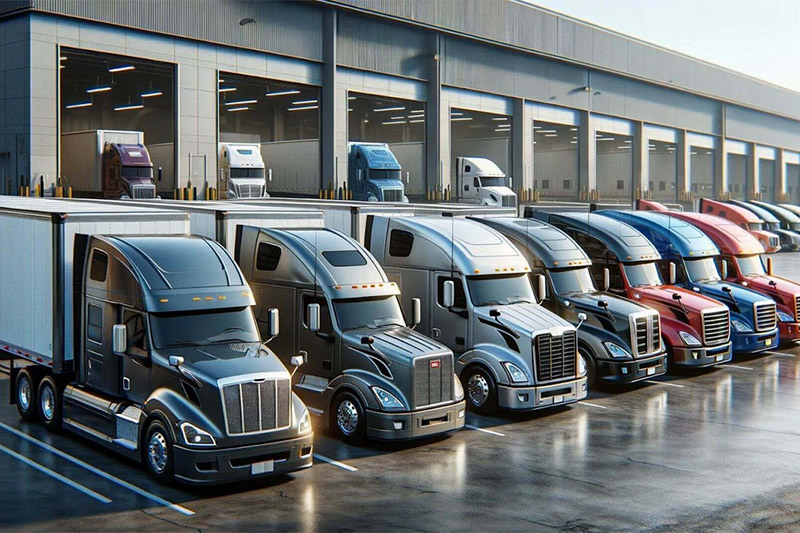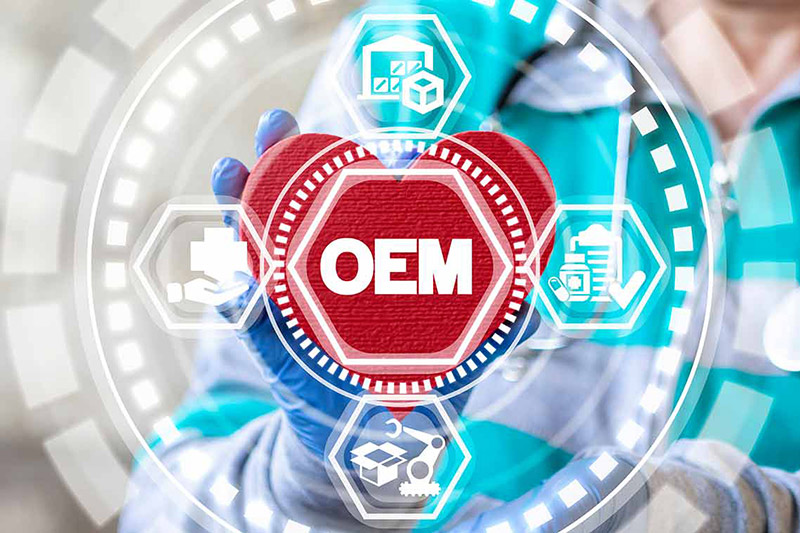
News and Events
As California leads the push toward zero-emission transportation, the state is now paving the way for Hydrogen Internal Combustion Engine 2 (H2-ICE2) certification. This emerging...
The California Air Resources Board (CARB) has introduced amendments to the small off-road evaporative (SORE) emission regulations that affect off-road equipment powered by gasoline-fueled, spark-ignited...
The California Air Resources Board (CARB) Low Carbon Fuel Standard (LCFS) is a regulatory program designed to reduce greenhouse gas (GHG) emissions from the transportation...
Senate Bill 1075 (SB 1075) represents a significant legislative effort by California to advance the development and integration of clean hydrogen as a pivotal component...
Range extenders in electric vehicles (EVs) are auxiliary systems that enable extended driving range by supplementing the battery with an additional power source, typically a...
The EPA recently announced they will be awarding more than $735 million in grants to more than 2,400 zero emission heavy duty vehicles. This widespread...
As environmental awareness grows and climate concerns rise, regulatory bodies have introduced more stringent measures to curb emissions and advance cleaner energy solutions. One such...
As California continues to lead the nation in progressive environmental policies, the California Air Resources Board (CARB) is expected to introduce the Tier 5 emission...
Evaporative certification compliance is a critical aspect of environmental and safety standards within various industries, particularly those dealing with fuel systems and emissions. This process...
